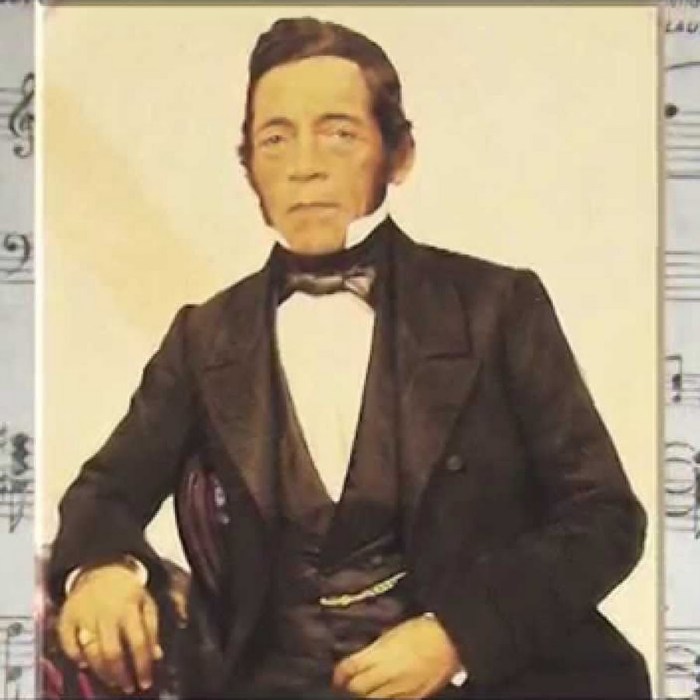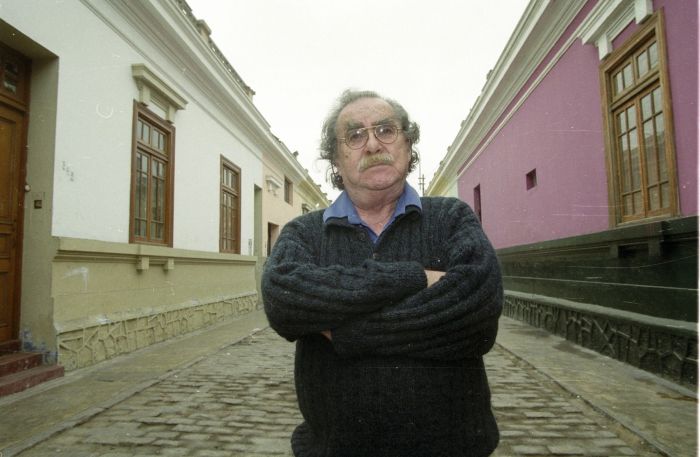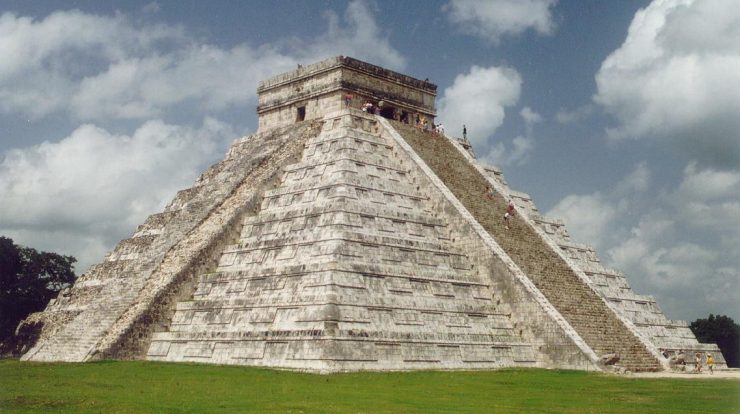Nosotros no by jose bernardo adolph – Nosotros No, a pivotal movement led by José Bernardo Adolph, left an indelible mark on Puerto Rican history and culture. Sparked by a deep-seated desire for self-determination, this movement ignited a transformative journey that challenged the status quo and shaped the island’s destiny.
The “Nosotros No” movement emerged as a response to the United States’ annexation of Puerto Rico in 1898. Led by a group of intellectuals, politicians, and activists, the movement sought to resist American colonial rule and promote Puerto Rican independence.
José Bernardo Adolph, a prominent figure in the movement, played a pivotal role in shaping its ideology and mobilizing support.
Historical Context

The “Nosotros No” movement, meaning “Not Us” in Spanish, emerged in response to the oppressive regime of Jorge Rafael Videla and the military junta in Argentina. It was a nonviolent civil resistance movement that sought to end human rights abuses, political repression, and economic inequality.
The movement’s origins can be traced to the late 1970s, when a group of mothers, known as the Madres de Plaza de Mayo, began gathering in the central square of Buenos Aires to protest the disappearances of their children by the military regime.
These protests, along with the growing discontent among the Argentine population, laid the foundation for the “Nosotros No” movement.
Key Figures
Several key figures played significant roles in the “Nosotros No” movement:
- Hebe de Bonafini:A co-founder of the Madres de Plaza de Mayo, Bonafini became a prominent voice of the movement, advocating for the rights of victims of the military regime.
- Adolfo Pérez Esquivel:A human rights activist and Nobel Peace Prize laureate, Pérez Esquivel was a key organizer of the “Nosotros No” movement and worked to promote nonviolent resistance.
- Raúl Alfonsín:The first democratically elected president of Argentina after the fall of the military junta, Alfonsín played a crucial role in bringing about accountability for human rights abuses committed during the dictatorship.
Timeline
The “Nosotros No” movement gained momentum throughout the 1980s, culminating in the eventual downfall of the military regime in 1983:
- 1977:The Madres de Plaza de Mayo begin their weekly protests in Buenos Aires.
- 1980:The “Nosotros No” movement is formally launched, bringing together a wide range of opposition groups.
- 1982:The Falklands War between Argentina and the United Kingdom further weakens the military regime.
- 1983:Raúl Alfonsín is elected president, marking the end of military rule in Argentina.
Key Themes and Ideas: Nosotros No By Jose Bernardo Adolph

The “Nosotros No” movement was driven by a complex set of themes and ideas that reflected the social, political, and economic realities of 19th-century Puerto Rico. These themes included:
- Opposition to Colonial Rule:The movement’s central theme was opposition to the oppressive colonial rule of Spain. Participants sought to end Spanish domination and establish a more just and equitable society.
- Economic Inequality:The movement also addressed the widespread economic inequality that plagued Puerto Rico. Many participants were poor and marginalized, and they demanded economic reforms to improve their livelihoods.
- Political Representation:The “Nosotros No” movement advocated for increased political representation for Puerto Ricans. They believed that they had a right to participate in the decisions that affected their lives.
- Cultural Identity:The movement also emphasized the importance of Puerto Rican cultural identity. Participants sought to preserve and promote Puerto Rican traditions, language, and customs.
Motivations and Beliefs
The motivations and beliefs of the “Nosotros No” movement participants were diverse. Some were inspired by liberal and democratic ideals, while others were motivated by economic grievances or a desire for cultural autonomy. Despite their differences, they shared a common goal of opposing Spanish colonialism and creating a better future for Puerto Rico.
Impact on the Development of the Movement
The themes and ideas of the “Nosotros No” movement had a profound impact on its development. They provided a unifying framework for the movement’s participants and helped to mobilize support from a wide range of social and political groups. The movement’s emphasis on opposition to colonial rule, economic equality, political representation, and cultural identity resonated with many Puerto Ricans, and it helped to build a broad-based coalition that ultimately succeeded in achieving its goals.
Cultural and Artistic Expression

The “Nosotros No” movement had a profound impact on cultural and artistic expression in Puerto Rico, inspiring a new wave of creative works that reflected the movement’s themes and ideas. Music, literature, and visual arts all played a vital role in promoting the movement’s message and shaping Puerto Rican identity.
Music was a particularly powerful medium for the “Nosotros No” movement. Artists such as Roy Brown, Ruth Fernández, and Rafael Cortijo used their music to express their opposition to the U.S. presence in Puerto Rico and to celebrate Puerto Rican culture.
Their songs became anthems for the movement, inspiring protests and galvanizing support for independence.
Literature, Nosotros no by jose bernardo adolph
Literature also played a significant role in the “Nosotros No” movement. Writers such as Pedro Juan Soto, Luis Rafael Sánchez, and Rosario Ferré used their work to explore the complex social and political issues facing Puerto Rico. Their novels, short stories, and plays provided a voice for the marginalized and helped to raise awareness of the movement’s goals.
Visual Arts
Visual arts also contributed to the “Nosotros No” movement. Artists such as Antonio Martorell, Lorenzo Homar, and Rafael Tufiño created powerful works of art that reflected the movement’s themes and ideas. Their paintings, sculptures, and prints became symbols of the movement and helped to spread its message to a wider audience.
The “Nosotros No” movement had a lasting impact on Puerto Rican culture and society. The movement’s influence can still be seen in the work of contemporary Puerto Rican artists, who continue to use their art to explore issues of identity, colonialism, and independence.
Political and Social Impact

The “Nosotros No” movement had a profound impact on Puerto Rican society, shaping public opinion, influencing government policy, and promoting social change. The movement’s activism raised awareness of the island’s colonial status and the need for self-determination, galvanizing support for independence.
Public Opinion
The movement’s grassroots organizing and public demonstrations effectively mobilized the Puerto Rican people and shifted public opinion in favor of independence. Through rallies, protests, and educational campaigns, “Nosotros No” activists engaged with diverse sectors of society, fostering a sense of national unity and pride.
The movement’s message resonated with a growing number of Puerto Ricans who sought a more just and equitable future for their homeland.
Government Policy
The movement’s pressure on the U.S. government and the Puerto Rican government led to tangible policy changes. In 1967, the United Nations adopted a resolution calling for a referendum on Puerto Rico’s political status, which was ultimately held in 1993. While the referendum did not result in independence, it demonstrated the international community’s recognition of Puerto Rico’s right to self-determination.
Social Change
Beyond its political impact, the “Nosotros No” movement also fostered significant social change in Puerto Rico. The movement’s emphasis on cultural identity and self-reliance inspired a renewed appreciation for Puerto Rican history, language, and traditions. It also contributed to the development of a more progressive and inclusive society, challenging the status quo and advocating for the rights of all Puerto Ricans.
Legacy and Influence
The “Nosotros No” movement has had a profound and lasting legacy on Puerto Rican history and culture. Its themes and ideas continue to resonate in contemporary Puerto Rican society, shaping Puerto Rican identity, politics, and cultural expression.
Legacy on Puerto Rican Identity
The movement’s emphasis on Puerto Rican self-determination and national identity has had a significant impact on how Puerto Ricans view themselves and their place in the world. The movement’s slogan, “Nosotros No,” has become a symbol of Puerto Rican pride and resistance to outside influence.
Legacy on Puerto Rican Politics
The “Nosotros No” movement has also had a significant impact on Puerto Rican politics. The movement’s call for greater autonomy and self-determination has led to increased support for independence or enhanced commonwealth status. The movement has also played a role in the development of Puerto Rican political parties and the emergence of new political leaders.
Legacy on Puerto Rican Cultural Expression
The “Nosotros No” movement has also had a significant impact on Puerto Rican cultural expression. The movement’s emphasis on Puerto Rican culture and identity has led to a renewed interest in traditional Puerto Rican music, art, and literature. The movement has also inspired the creation of new works of art and literature that reflect the movement’s themes and ideas.
FAQ Corner
What were the key goals of the Nosotros No movement?
The Nosotros No movement sought to resist American colonial rule and promote Puerto Rican independence.
Who was José Bernardo Adolph?
José Bernardo Adolph was a prominent figure in the Nosotros No movement who played a pivotal role in shaping its ideology and mobilizing support.
What was the impact of the Nosotros No movement on Puerto Rican culture?
The Nosotros No movement influenced cultural and artistic expression in Puerto Rico, promoting themes of self-determination, cultural identity, and social justice.

